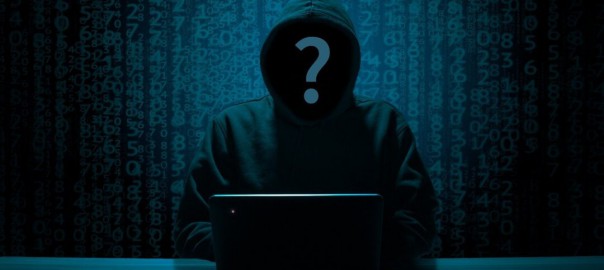At 01 Communique, we’ve been at the forefront of cybersecurity innovation since our founding in 1992. Today, I want to discuss a recent development that underscores the critical importance of our work in post-quantum cryptography.
The Largest Crypto Heist in History
The FBI has confirmed that North Korea was behind what is being described as the biggest heist in history – the theft of approximately $1.5 billion in virtual assets from ByBit, a Dubai-based cryptocurrency exchange. This surpasses the previous record of $1 billion stolen by Saddam Hussein from Iraq’s central bank before the 2003 war.
According to the FBI, North Korean hackers (operating under what they term “TraderTraitor”) have already begun converting some of the stolen assets to bitcoin and dispersing them across thousands of addresses on multiple blockchains. This is part of their strategy to launder these assets before eventually converting them to fiat currency.
North Korea’s Growing Cyber Capabilities
This latest theft is not an isolated incident. The notorious Lazarus Group, North Korea’s sophisticated cybercrime unit, stole more than $1.3 billion in cryptocurrency in 2024 across 47 incidents – nearly double the $660 million seized in 2023. These funds are believed to directly finance the regime’s nuclear and ballistic missile programs.
As blockchain analysis firm Chainalysis noted, these hackers “have become notorious for their sophisticated and relentless tradecraft, often employing advanced malware, social engineering, and cryptocurrency theft.”
The Quantum Threat Looms Larger
While these attacks are alarming on their own, they represent just the beginning of what could become a much more serious threat landscape. As we noted in our December 16, 2024 press release, recent advancements in quantum computing – such as Google Quantum AI’s Willow quantum chip – demonstrate significant improvements in error correction and scalability.
These developments bring us closer to the day when quantum computers will be able to break traditional cryptographic protections. When that happens, not only cryptocurrencies but virtually all digital security systems will be vulnerable.
01 Communique’s Post-Quantum Solution
At 01 Communique, we’ve invested years and millions of dollars developing post-quantum cryptography (PQC) solutions precisely because we recognized this threat early. Our technologies incorporate PQC algorithms endorsed by the US National Institute of Standards and Technology (NIST) as their latest FIPS-203, FIPS-204, and FIPS-205 standards.
We’ve already integrated these advanced protections into various applications, including our email encryption and remote access solutions. But perhaps most relevant to today’s news is our work on cryptocurrency security.
Since 2022, we’ve been developing PQC-compliant blockchain solutions, recognizing that cryptocurrencies would be particularly vulnerable to quantum computing attacks. We’ve completed a PQC-compliant Solana (SOL) L1 blockchain with expectations of completing commercialization in 2025.
Most significantly, we hold US Patent #11,669,833 for technology that can transform any existing cryptocurrency to become PQC-compliant – a solution that directly addresses the vulnerability exposed by the ByBit hack.
The Path Forward
As quantum computing advances and cybercriminals grow more sophisticated, the need for quantum-resistant security solutions becomes increasingly urgent. The ByBit hack demonstrates that even today’s most advanced conventional security measures can be overcome.
We believe that post-quantum cryptography is not just a future requirement but a present necessity. Our IronCAP™ cryptographic engine enables businesses of all sizes to transform their systems to withstand potential attacks from both classical and quantum computers.
For cryptocurrency exchanges, investors, and the broader blockchain ecosystem, adopting PQC solutions now is a proactive step that could prevent the next billion-dollar heist.
01 Communique (TSX-V: ONE; OTC Pink Sheets: OONEF) is a pioneer in post-quantum cybersecurity with its IronCAP™ product line. For more information, visit www.ironcap.ca and www.01com.com.
Disclaimer: This blog post contains forward-looking statements that involve risks and uncertainties. Actual results may differ materially from those discussed in this post.

